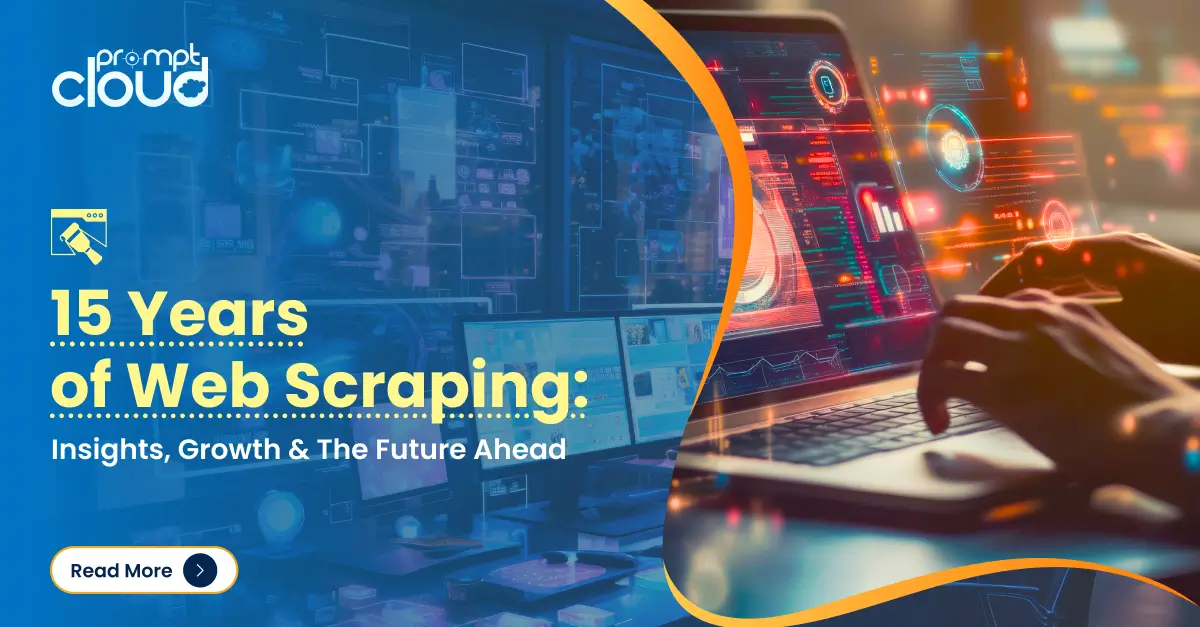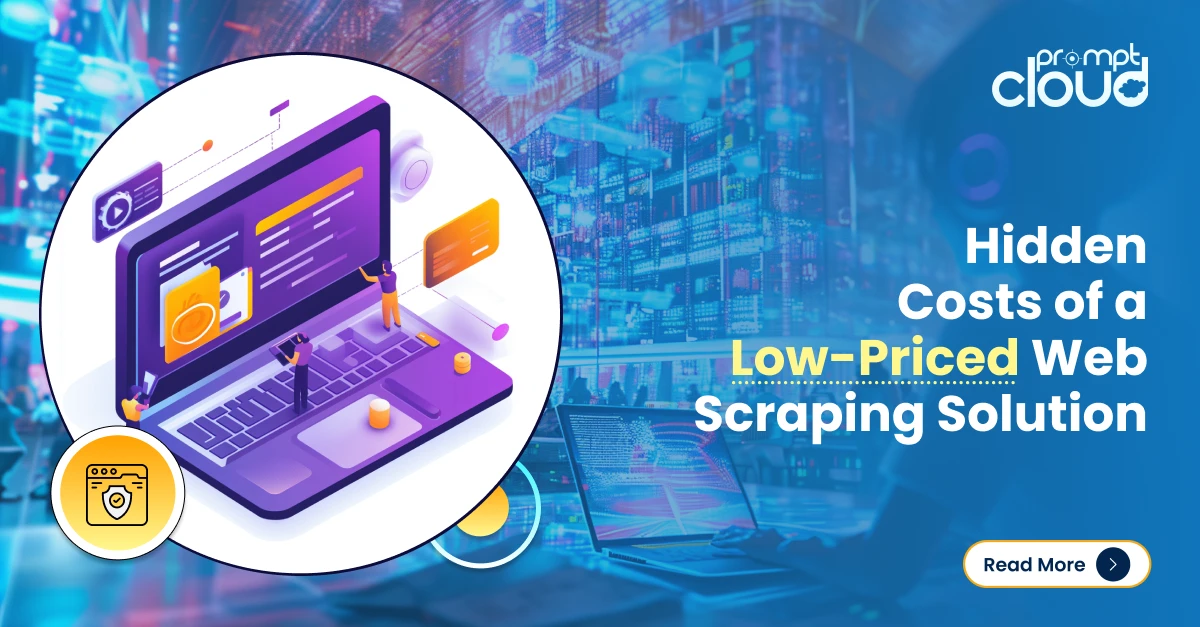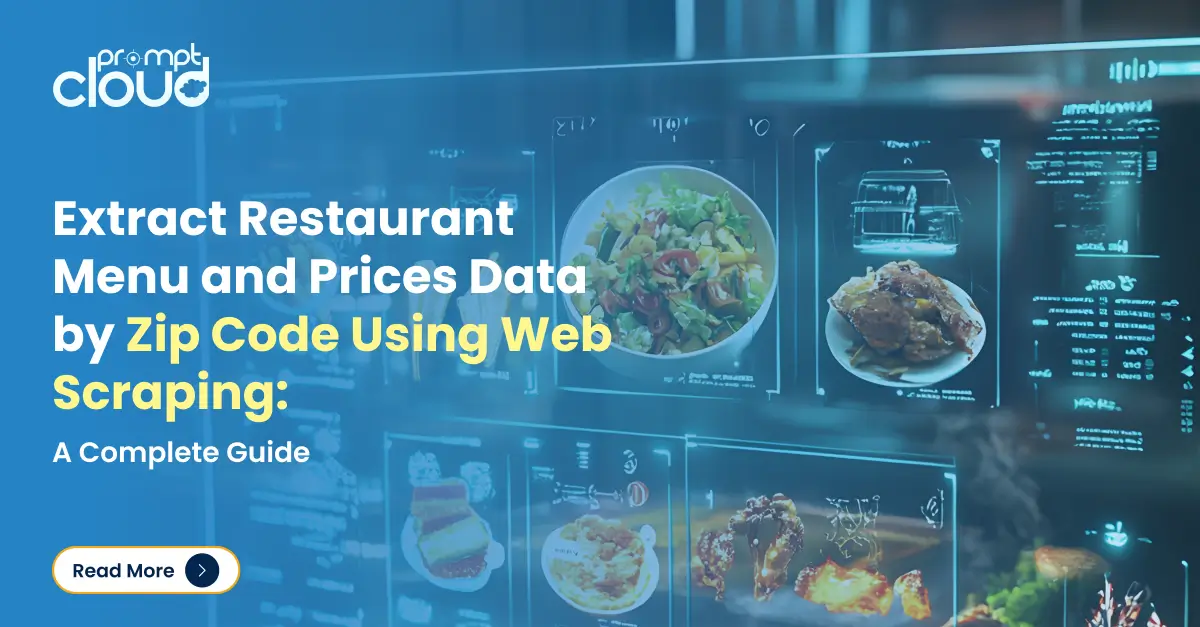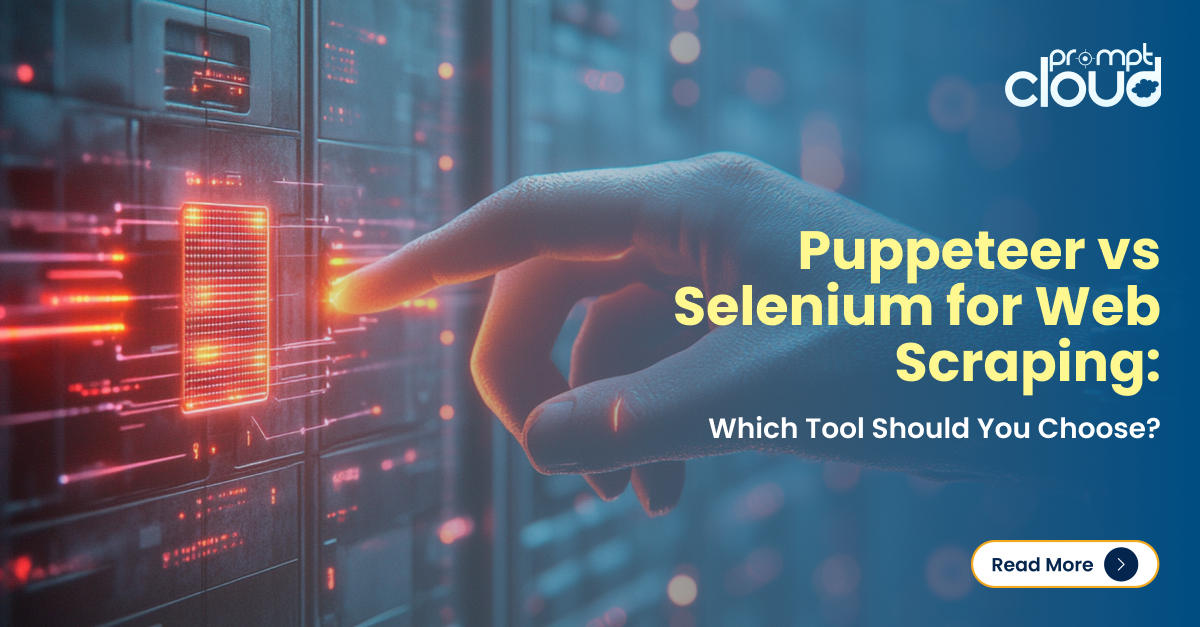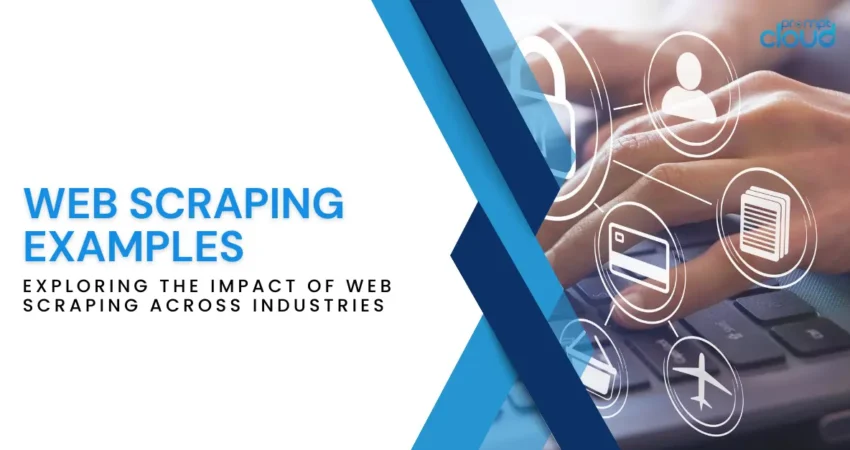
Web scraping, the automated process of extracting data from websites, has revolutionized the way industries gather and analyze information. From enhancing market research to fueling machine learning models, the applications of web scraping are vast and varied. In this article, we delve into real-world web scraping examples that showcase the transformative power of web scraping across different sectors, providing a glimpse into its potential to drive innovation, efficiency, and competitive advantage.
Retail and E-Commerce: The Amazon Approach
Amazon, one of the largest e-commerce platforms globally, epitomizes the strategic use of web scraping in retail and e-commerce. Amazon’s dynamic pricing model is an excellent example of web scraping applied at scale. By continuously monitoring prices of products not just on its own platform but across competitors, Amazon can adjust its prices in real time. This ensures competitiveness, maximizes profit margins, and responds to market demand fluctuations promptly.
Source: https://www.33rdsquare.com/how-to-scrape-amazon-product-data/#google_vignette
Further, Amazon’s vast product assortment is fine-tuned by understanding customer preferences and market trends, possibly supported by analyzing data collected from various online sources. This helps Amazon identify and fill gaps in its product offerings, ensuring it meets consumer demands efficiently.
Amazon’s success also lies in its ability to conduct in-depth competitive analysis. By scraping and analyzing data on competitor promotions, product launches, and customer reviews, Amazon gains insights that inform its marketing strategies, product development, and customer service improvements. These web scraping examples would have helped understand more about the benefits.
Finance and Investment: The Bloomberg Edge
In the finance and investment industry, timely and accurate data is not just valuable, it’s critical. Bloomberg, a global leader in financial data services, exemplifies the strategic use of data scraping to empower investors and financial professionals. By aggregating financial data, market insights, and news from various sources worldwide, Bloomberg provides a comprehensive view of the financial markets that enables informed decision-making.
Source: https://crawlbase.com/blog/scrape-bloomberg/
Bloomberg’s platform leverages advanced data collection techniques, akin to web scraping, to gather vast amounts of financial information, including stock prices, bond yields, commodities data, and currency exchange rates. This information is then processed and presented through the Bloomberg Terminal, offering real-time data, analytics, and insights to its users.
This approach not only enhances the ability of investors to react to market changes but also democratizes access to financial data, previously available only to those with the resources to gather and analyze it independently. Bloomberg’s use of technology to aggregate and analyze data exemplifies how web scraping techniques can be applied responsibly within legal frameworks to transform information access in the finance and investment sector, thereby leveling the playing field for all market participants.
Real Estate: The Zillow Revolution
Zillow has transformed the real estate market by leveraging web scraping and data aggregation to provide comprehensive property listings, valuations, and market trends. This online real estate database company collects data from multiple sources, including MLS (Multiple Listing Services), real estate websites, and county and tax records, to offer a wide array of information to potential home buyers, sellers, and renters.
Source: https://www.zillow.com/homes/02128_rb/
By aggregating and analyzing this data, Zillow offers the “Zestimate,” an estimated market value for homes across the United States. This feature is powered by scraping historical data and applying machine learning algorithms to predict home prices with a notable degree of accuracy. For home buyers and sellers, Zillow simplifies the market analysis process, providing insights into property values, neighborhood trends, and price history all in one place. This democratization of real estate information has made it easier for individuals to make informed decisions, whether they’re buying, selling, or renting properties.
Zillow’s approach showcases how web scraping can be instrumental in aggregating dispersed data into a centralized platform, offering users a comprehensive overview of the real estate market. This use of technology enhances transparency in the real estate industry, providing both buyers and sellers with the information they need to navigate the market effectively.
Travel and Hospitality: The Kayak Innovation
Kayak has revolutionized the travel industry by employing web scraping to aggregate flight, hotel, and car rental data from hundreds of other travel sites in real time. This approach allows Kayak to offer a comprehensive comparison service that enables users to find the best deals based on their travel preferences and budgets. By scraping data from airlines, hotel chains, and rental services, Kayak provides a one-stop-shop for travelers seeking to make informed decisions without visiting multiple websites.
This aggregation of travel services not only simplifies the booking process but also intensifies competition among service providers, leading to better prices for consumers. For example, when a user searches for a flight on Kayak, the platform scrapes up-to-the-minute information from various sources, presenting options that range from the most economical to the fastest or most direct routes. This level of data integration and analysis has set a new standard in the travel industry, highlighting the power of web scraping in creating more transparent and competitive markets.
Academic Research and Education: The Google Scholar Breakthrough
Google Scholar has become an indispensable tool for academic research and education by leveraging web scraping to index and aggregate scholarly articles, theses, books, and conference papers from various sources across the web. This service allows researchers, students, and academics to access a vast database of scholarly literature, spanning multiple disciplines and formats. By scraping content from university repositories, academic publishers, and professional societies, Google Scholar provides a comprehensive platform for scholarly research.
The platform’s ability to quickly retrieve relevant academic materials based on keyword searches, author names, or publication titles has significantly streamlined the research process. For instance, a student conducting research on climate change can use Google Scholar to find not only peer-reviewed articles but also a range of related works, including citations and patents, enabling a more thorough investigation of the subject. This access to a broad spectrum of academic resources fosters a richer learning environment and encourages interdisciplinary research.
Google Scholar’s contribution to academic research and education showcases the beneficial applications of web scraping in academia. By aggregating and indexing scholarly information, it breaks down barriers to information access, facilitating knowledge sharing and discovery across the global academic community. This democratization of academic content empowers researchers and students alike, providing them with the tools needed to advance their studies and contribute to the collective body of knowledge. These web scraping examples would have helped understand more about the benefits.
In Summary
From enabling dynamic pricing strategies on platforms like Amazon to democratizing access to academic resources, web scraping has become an indispensable tool for data-driven decision-making and innovation.
However, as we embrace the benefits of web scraping, it’s crucial to navigate the ethical and legal considerations involved. Respecting copyright laws, adhering to data protection regulations like GDPR and CCPA, and considering the impact on website performance are all vital to ensuring that web scraping practices contribute positively to our digital ecosystem.
As we look to the future, the role of web scraping in harnessing the power of the internet’s vast resources will undoubtedly grow. By fostering a culture of responsibility and compliance, we can unlock the full potential of web data, driving innovation and progress across all sectors of society. For custom web scraping solutions, get in touch at sales@promptcloud.com











